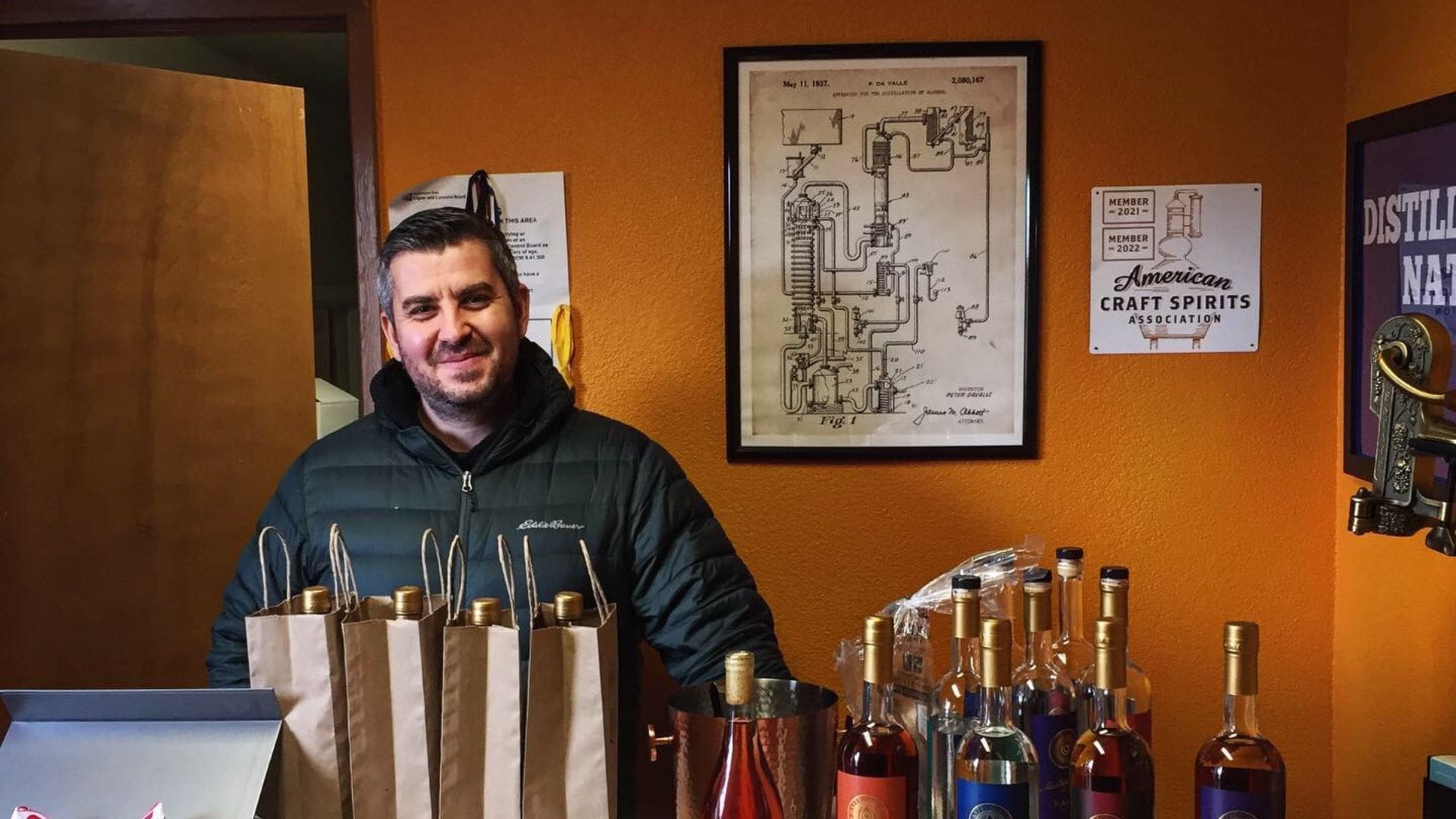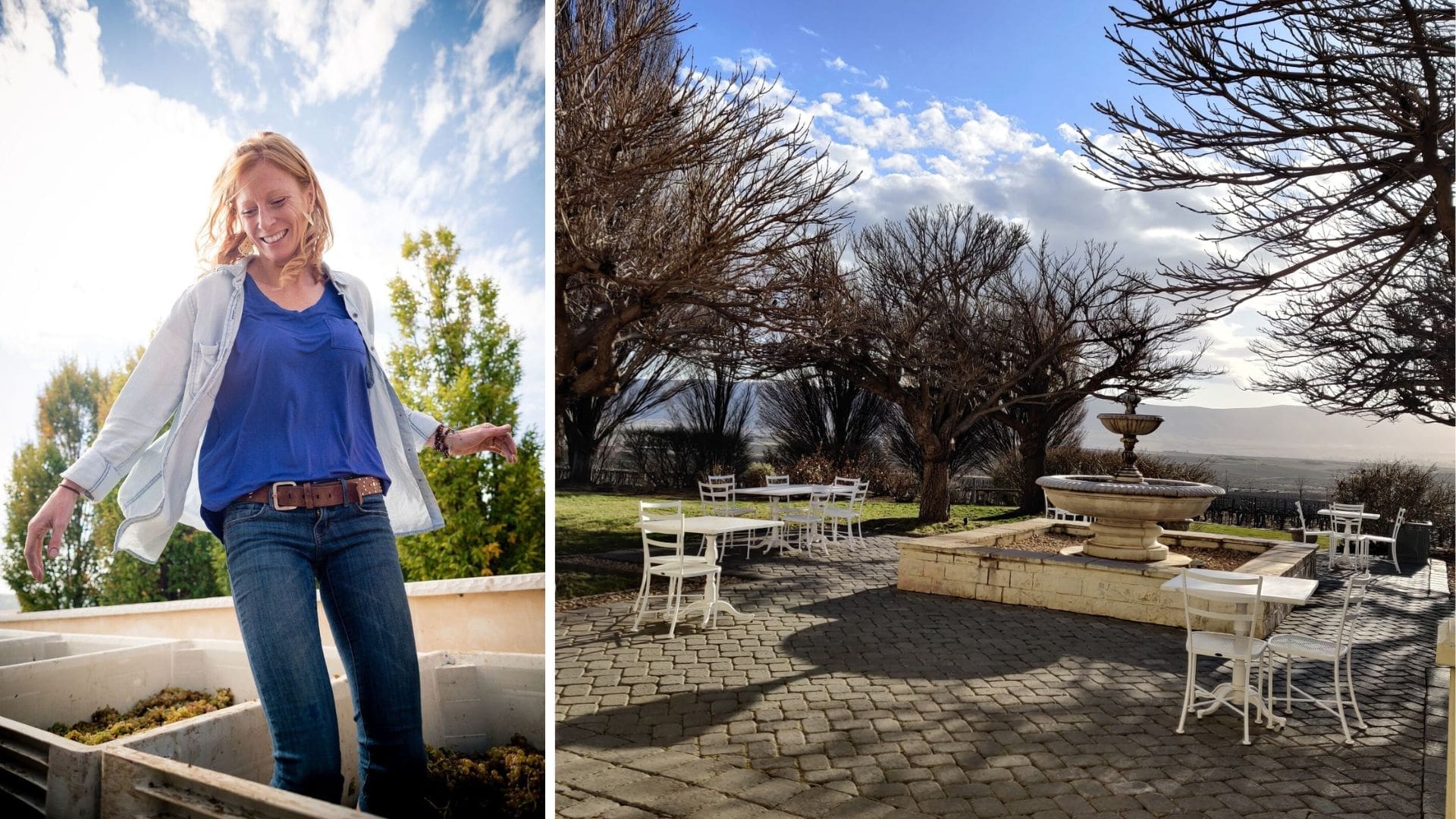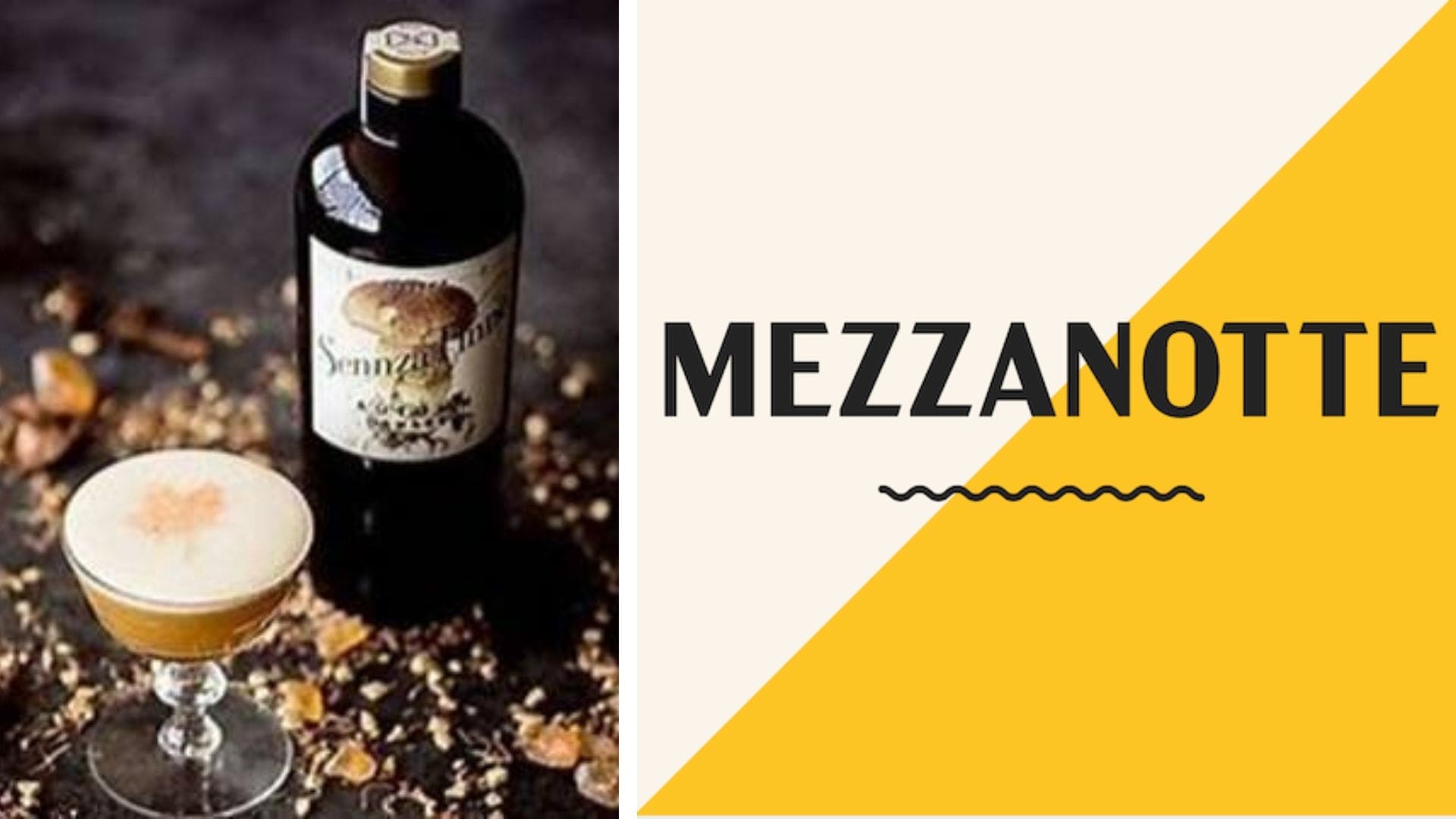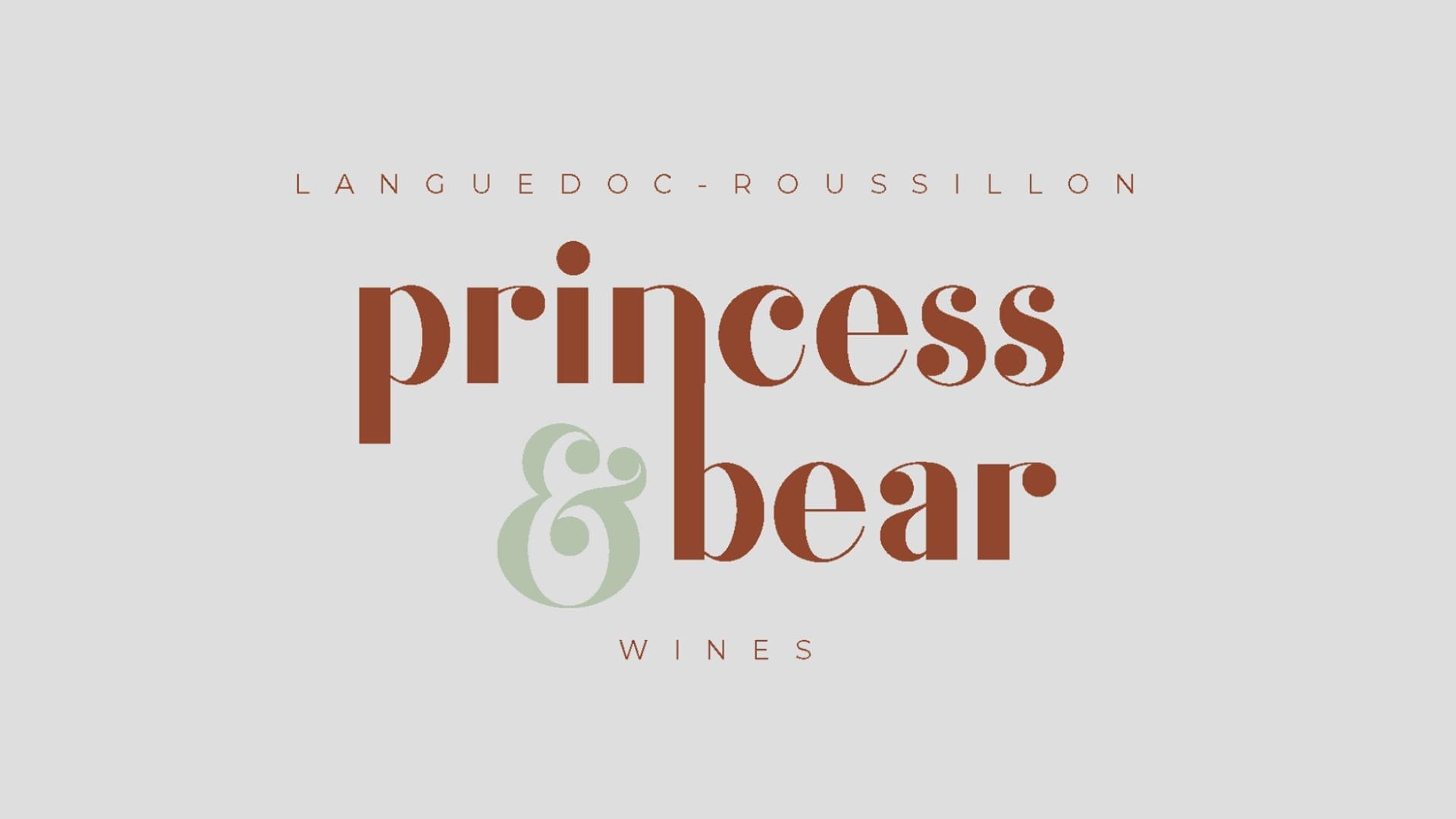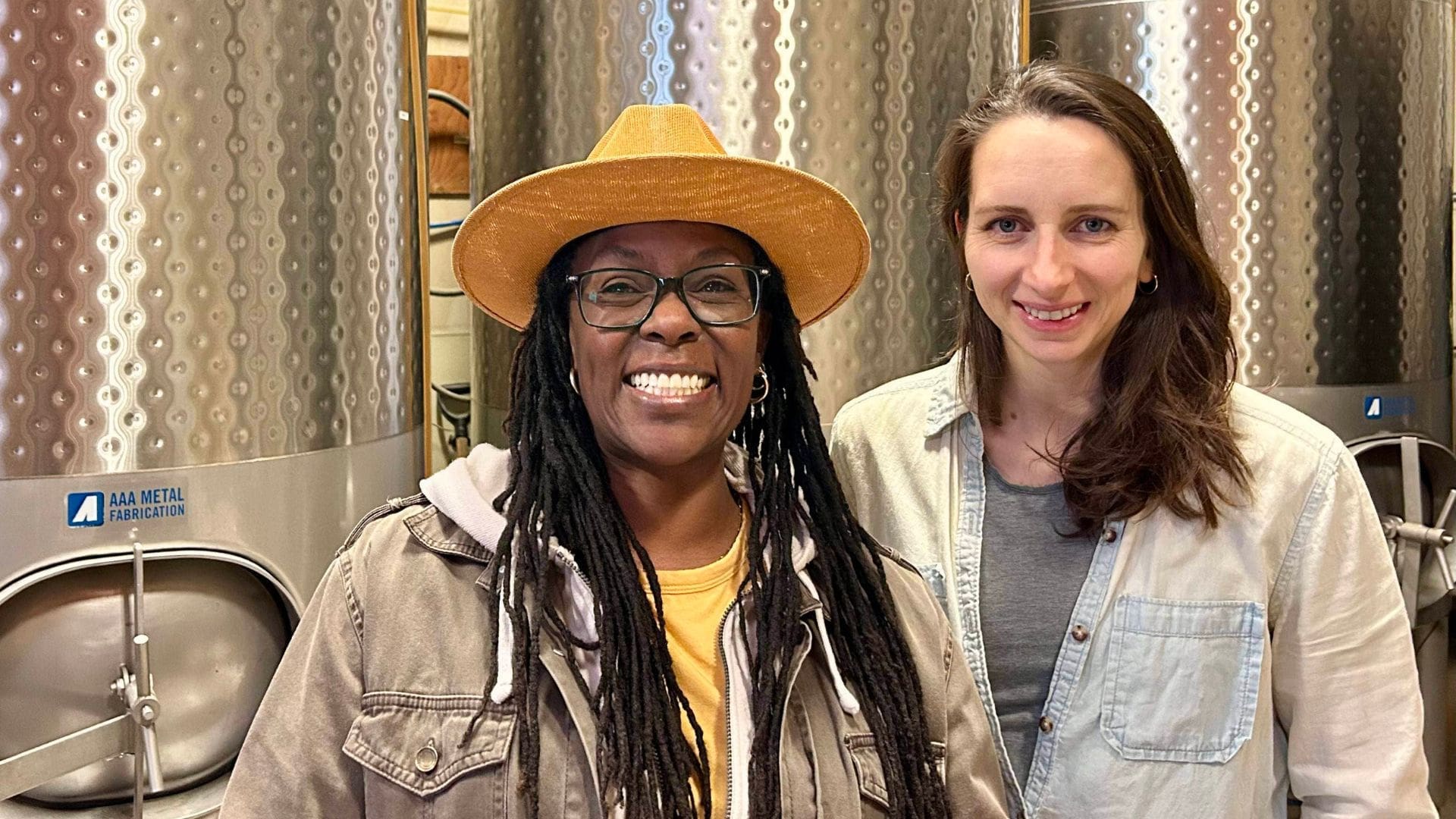Ilias Mastrogiannis fondly remembers growing up in Greece, where his father grew grapes and made wine. “September is grape harvesting, and it would be a whole family thing where he would bring essentially about 20 tons of grapes, and then everybody would get together and crush them,” he recalls. “That kind of became a main source of income for the family.”
Years later in the United States, raising a family and working in tech, Mastrogiannis came to a turning point in his life. “I was looking at what I can do here as potential additional revenue or something more creative, those memories came into mind, and … I saw nobody making brandies, at least in Washington state at the time,” he recalls.
“So I decided at that moment to put both feet in and start going down that path, and it was really just that initial thought,” he continues. “I’m like, okay, I want to do something, and this felt like the right move. So, it was really my upbringing from growing up around grapes and focusing on doing that.”
And thus was born Mastrogiannis Distillery and Winery. In 2016 Ilias and his wife, Bojana, found a warehouse space in Lakewood, Washington, where they embarked on a journey not only to craft spirits and wines that recalled his Greek heritage, but that would make his mark as one of the most interesting and best craft distillers working in the United States.
He’s racked up awards and kudos for his brandies and vermouth. And has built a strong following for his distinctive output that, he says, is “made with meraki.”
This phrase is a loving nod to his father. “One of the things that he used to say when he was in a really good mood, that is when things were going really well with the wine or making something food-wise, he would say, “Meraki!,” Mastrogiannis recalls. “Meaning, like it’s jiving, like he was in a good mood, everything is flowing. Everything is good. He would just shout that out.”
When his father passed away five and a half years ago, Mastrogiannis notes, “I think that’s when it really kind of clicked in for me, I’m like, he used to say this word all the time and I’m like that’s such a great definition of what I’m trying to do. It’s kind of a commitment to craft. It’s where passion meets purpose. And every creation tells a story. So for us, we now started putting it in front of our labels. It’s become our motto for the business where we want to do everything with meraki. It goes back to my dad as a tribute.”
Mastrogiannis started off by making a batch of ouzo, the classic Greek anise-flavored liquor that signifies Greek drinking culture. Beset by licensing hassles and other problems of opening a new business, Mastrogiannis and his wife persevered, creating an exemplary liquor, rivaling many a Greek product, using a fine balance of anise, coriander and fennel to flavor the spirit, letting their ouzo be assertive and beguiling in equal measure.
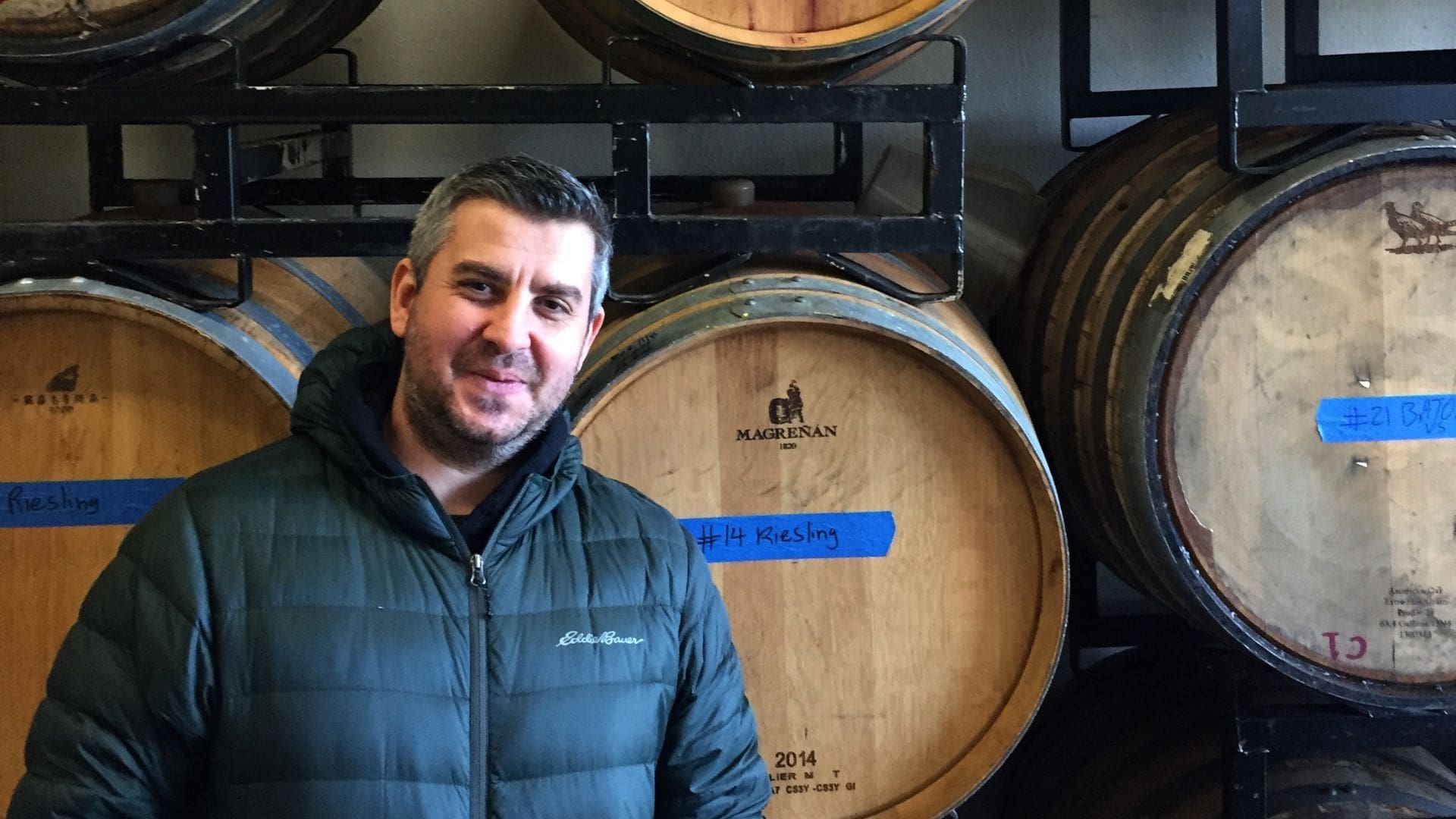
Beyond distilling wine to make his base spirit, Mastrogiannis had the inspiration to create his own grappa (tsipouro in Greek) from pomace, the leftover stems and skins from wine production. This is how grappa is traditionally made in Europe. He found some wineries that were more than happy to supply him. And it was for free!
He found out, the hard way, why folks aren’t really making an American grappa.
“We worked with a couple wineries from Woodinville to source their, essentially, pomace,” Mastrogiannis recalls. “After they press, I would shovel the grappa into totes, and then bring it down to the distillery, and then distill it. And then, yeah, I realized it was very, very hard to get any real output. Because of the winemaking process, they press those grapes very, very hard. So not a lot of juice left, or residual alcohol, I would say. So you need to do a lot in terms of weight or mass in order to make it worthwhile. I did that for a couple years, just more likely because it was essentially free.”
Soon Mastrogiannis began experimenting. “We started purchasing grapes for our own as well, to make brandy. And I started distilling that and then quickly realized, hey, I can actually leave aside some grape skins with a little bit more juice, and make a grappa, and started doing that as an aside,” he says. “And I got better results that way, because it was more, more free run juice, and in my view, just better quality overall.
“The product kind of started pivoting from sourcing free pomace from wineries, to then using our own grapes, and controlling that process a little bit better to both to more make brandies, but also reserve some for traditional grappa distillations with the skins.”
His love for grappa led him to make beautiful aged brandies. He describes his brandies as being American style. Mainly they are his style. His Baton Brandy, aged in ex-wine barrels, has won numerous awards. His Baco No. 1 Brandy, made exclusively with Baco Noir grapes, is aged in a blend of ex-wine, sherry and barley wine barrels. Both highlight the art and finesse of Mastrogiannis’ distilling craftsmanship.
He also makes two other distinctly Greek liquors, rakomelo and mastiha.
Rakomelo is a honey and spice infused brandy, a Cretan speciality. In Mastrogiannis’ version he flavors a neutral grape spirit with wildflower honey from a Maple Valley co-op and then adds some cinnamon and a touch of clove. It’s not as sweet and syrupy as it is in Greece. It fits fine for the American palate and mixes well in cocktails.
The mastiha is a newer product in his line. His version takes the traditional Greek drink that is flavored with a resin that comes from a shrub that only grows on the island of Chios. It’s used in baking, in perfume making and in traditionally flavoring a very syrupy-sweet liqueur. Mastrogiannis makes his completely dry.
“It’s really a pure distillate of mastiha. And it’s quite unique – kind of similar notes to a gin. It has a lot of pine and it’s very refreshing, especially during summer.”
Mastrogiannis also makes a vermouth that is totally original, flavored with figs, honey, cinnamon and wormwood that is one of the best of the new wave vermouths being made in the United States. Mastrogiannis is particularly proud of his hazy Syrah, a sort of mistelle that is totally original and something of a happy accident.
“We make very little wine every year, maybe two barrels at a time. Two years ago we had some excess. So essentially we got a little bit more and we had about 50 pounds of fresh Syrah grapes,” Mastrogiannis, recalls. “We pressed and put them in the tank and decided to put brandy in it as a little experiment.
“And what that really did is it halted the fermentation because of the higher proof brandy. I tasted it about three weeks later and it was probably one of the best things that I’ve ever tried. It was this beautiful strawberry, fresh grape concoction that just blew me away.”
Between meraki, consummate craftsmanship and the willingness to take some chances, Ilias Mastrogiannis is building from old traditions and creating new traditions here in the Pacific Northwest.
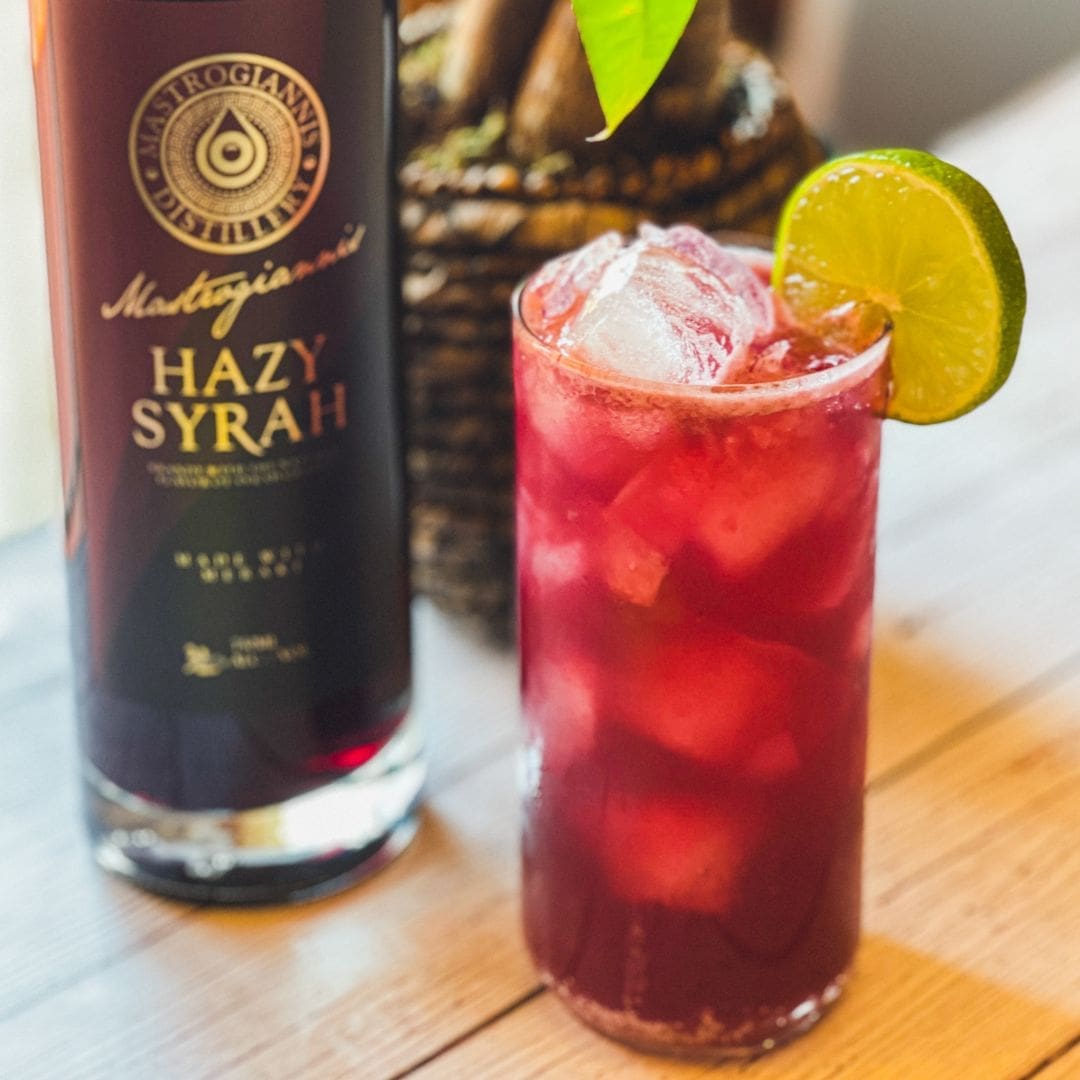
Cocktails to Try
Hazy Floradora
Ingredients
2 ounces Hazy Syrah Brandy
1 ounce fresh lime juice
3 ounces Ginger beer
Directions
In a cocktail shaker ⅔ full with ice, add all ingredients except ginger beer. Shake well. Pour into your favorite glass, and top with ginger beer. Garnish with a lime wheel.
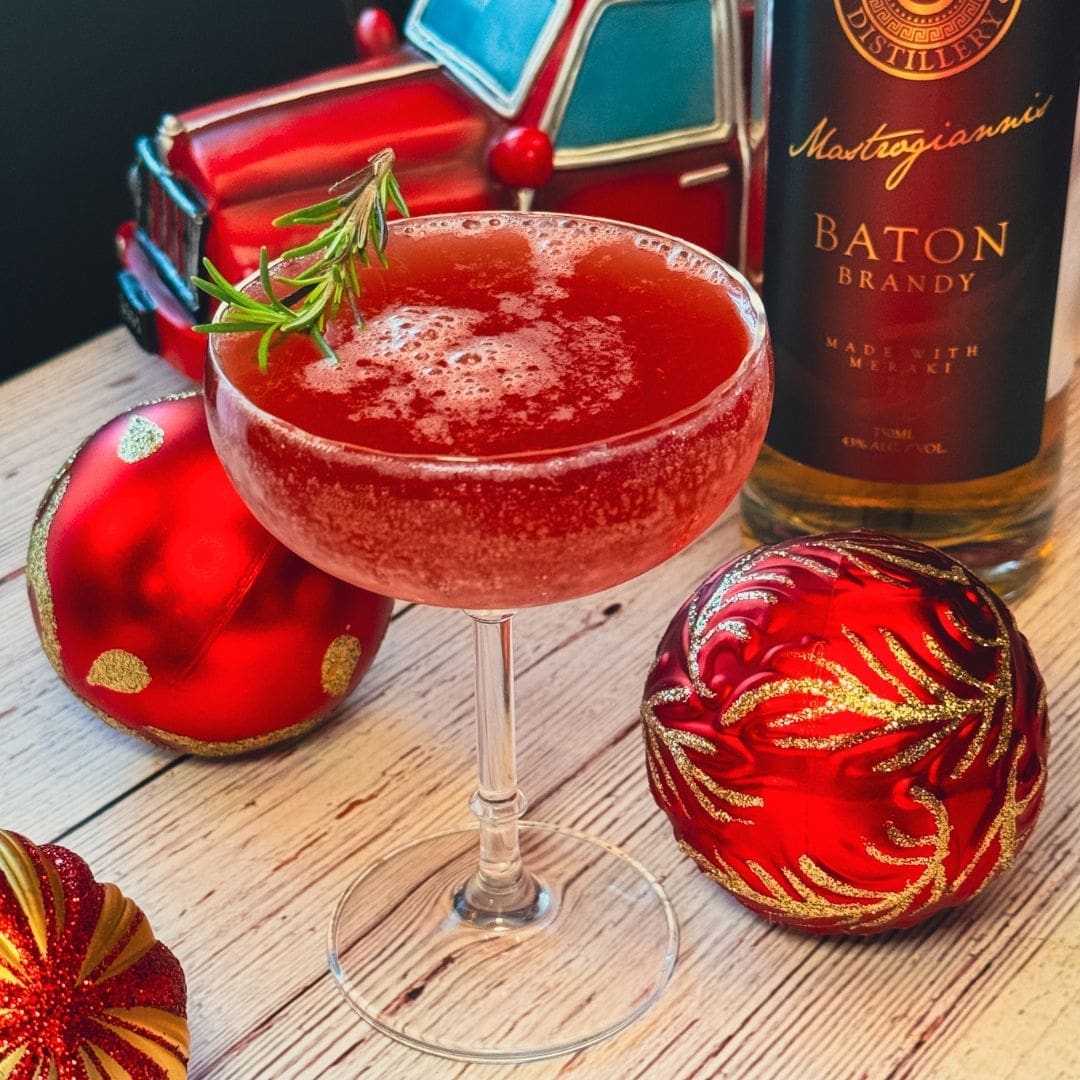
Pomegranate French 75
Ingredients
2 ounces Baton Brandy
½ ounce maple syrup
½ ounce pomegranate juice
¼ ounce fresh lemon juice
Sparkling wine
Rosemary, for garnish
Directions
In a cocktail shaker ⅔ full with ice, add brandy, maple syrup, pomegranate juice and lemon juice, and shake until chilled. Strain into a coupe glass, top with sparkling wine and garnish with a fresh rosemary sprig.

